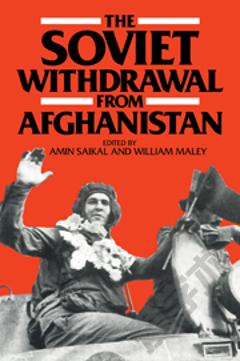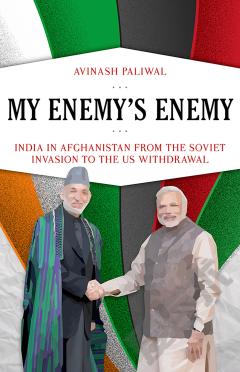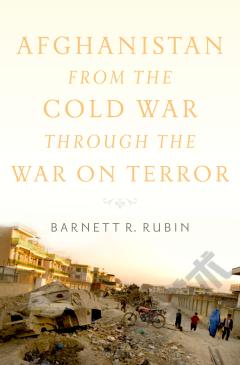The Soviet Withdrawal from Afghanistan
Nearly ten years of bloodshed and political turmoil have followed the Soviet invasion of Afghanistan in 1979. Soviet occupation not only proved a major trauma for the people of Afghanistan; invasion ended the growth in superpower dentents that had characterised the late 1970s; and in the Soviet Union the effects of escalating military costs and over 13,000 young military casualties have been felt at every level of society. The decision to withdraw combat forces under the provisions of the Geneva Accords of April 1988 is one of the most dramatic developments in the international system since the end of the Second World War. The effects of this decision will be felt not only in Afghanistan, but in the Soviet Union, in Southwest Asia, and in the wider world. The Soviet Withdrawal from Afghanistan has been designed to explore the background to the decision to withdraw and its broader implications. The authors, all established specialists, examine the Geneva Accords; the future for post-withdrawal Afghanistan; and the impact of withdrawal on regional states, Soviet foreign and domestic policies, the Soviet armed forces, Sino-Soviet relations and world politics. They write from diverse disciplinary traditions, while bringing together a shared sensitivity to the issues which complicate the Afghan question.
{{comment.content}}








 京公网安备 11010802027623号
京公网安备 11010802027623号